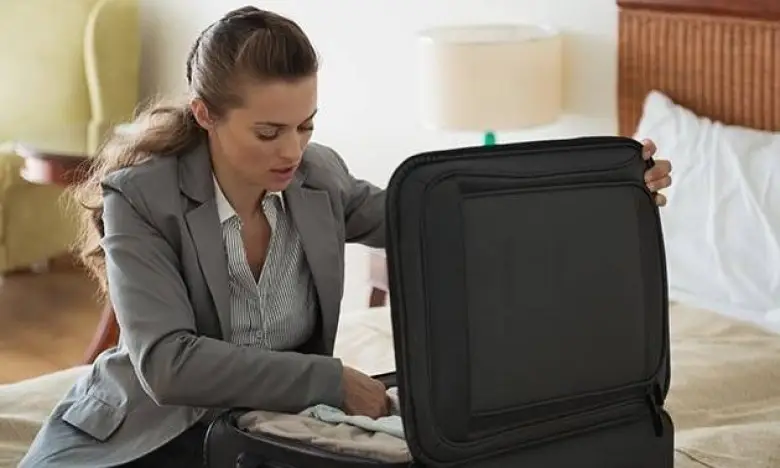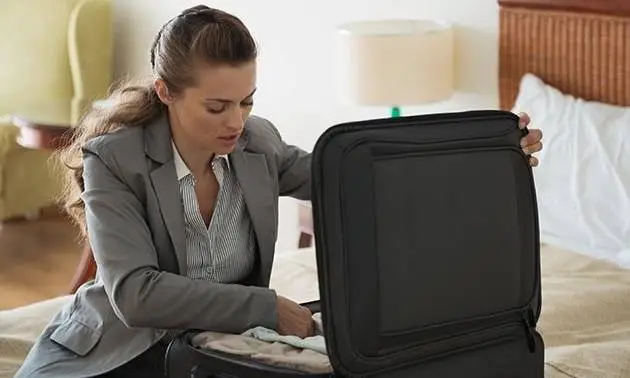
Eight Things You Shouldn't Bring Home from Vacation



The items you bring home from your trip can be of two types: souvenirs and smuggled items. I advise you not to buy souvenirs or contraband goods that you want to bring home. I'm not just talking about an item, for this souvenir to be worth preserving and cherishing, it needs to be not only a rare and valuable item as a souvenir, but also experiences that you hope will become a part of you when your trip is over. Poor preservation isn't much of a difference, but here are the information and experiences you'll want to make sure you leave it behind for good and for good.
It's worth some thought and action to make sure nothing you don't want comes home with you; Here are eight things you should leave behind before you board the plane home.

There's no reason to take home things that are broken, worn out, won't fit, require moving to a new home, or simply you no longer need. Is your travel toothbrush worn out? Throw it away before leaving the hotel. Alternatively, if you're done with something someone else can use, don't forget to give it away. Ask the hotel concierge if there are any local charities that could use your belongings.
Good night, sweet dreams... and do not bring any creatures in your clothes or bag. Bed bugs are the most obvious culprit to avoid. Because it is very difficult to destroy them, especially when they haunt your home.
Bed bugs won't be the only thing you want to avoid. Bringing home cockroaches, bug odors (many of which come in packaged goods from China to America) or even mammals that can enter anywhere, such as mice, can leave you in a victim situation if they enter your living spaces. When packing and unpacking, check both your bag and clothing for stowaways.

Just as much as you want to avoid carrying visible (or barely visible) creatures, you'll want to try to do the same for disease-causing viruses and bacteria. It is not uncommon for insects to spread internationally to a new country due to travelers unknowingly carrying them; Over the last few years, most US universities have seen several disease outbreaks, most likely through international students coming to America.
We said that it is not easy to keep yourself away from viruses and bacteria. The best way forward is to do the things you usually do when trying to prevent infection and then see the results. There are some tactics that include immediately washing the clothes you take out of your suitcase in hot water, cleaning your suitcase and taking a look at it when you get home, airing it to dry it, using antibacterial gel and soap, and finding a solution no matter what happens in this area. I know people who put their bags under the porch in freezing conditions or put their clothes and bags directly in the sun in the summer, both of which can help rid your luggage of bacteria and viruses that proliferate in hot, humid conditions.
You don't just have to watch out for microscopic stowaways at your destination; The planes themselves are full of viruses, bacteria, and a fair amount of the usual filth.
This might be okay in Amsterdam or Uruguay, and it might be okay in a sense in Switzerland and Spain (not to mention Colorado and Washington), but it might not be legal in most places where it would invite trouble, especially at airport security checkpoints.
This is not something you should take lightly; Transporting illegal items across international borders can result in very serious charges. If you have such items, leave them behind.
It's not just the most obvious items that will get you into trouble. This could be wormwood or seaweed oil or offal stew. Additionally, products that are otherwise perfectly legal in the United States—fruits, vegetables, seeds, and the like—may not be allowed to be transported across borders unless necessary. When in doubt, leave it at home.
You can learn exactly what it is and what you need to do to avoid it in our blog post Five Ways to Beat Jet Lag, where we talk about this situation in more detail.